A balanced diet can help relieve some menstrual symptoms, such as bloating, and prevent the loss of iron caused by bleeding. Learn about the foods that experts recommend for hormonal changes.
Gastrointestinal discomfort, abdominal pain, bloating, increased anxiety, stress, and hunger are some of the symptoms that women experience during menstruation. Hormonal changes also cause mood swings and cravings for sweet foods, so it is important to maintain a balanced diet to control these symptoms.
Gynecologist and obstetrician Ronaldo Retana explains that there is no dietary regimen during menstruation. Only normal hygiene habits are required and some advise against having sexual relations as it can be uncomfortable if there is pain, there is a risk of acquiring or transmitting sexually transmitted infections and there is a slight possibility of becoming pregnant, so protection should always be used. However, some basic foods are recommended to balance the loss of liquids and iron caused by bleeding.
Hydration
During menstruation, approximately 75 to 100 milliliters of blood are lost, so it is essential to stay hydrated and consume plenty of fluids. Two liters of water per day is recommended.
Drinking at least eight glasses a day can prevent fluid retention, which in some women causes cramps, headaches, and heaviness in the legs days before menstruation because it produces an imbalance of estrogen and progesterone.

Due to these symptoms, it is important that in addition to liquids, you base your diet on fruits, vegetables, and greens because they are foods rich in water and electrolytes. You can eat watermelon, pineapple, or asparagus. You can supplement your hydration with some serum, according to your taste.
Foods rich in iron
Due to bleeding, the body lowers its iron levels, so foods that provide this mineral should be consumed. It is recommended to eat meat, preferably lean, to avoid excessive consumption of fat, seafood, white and red beans, lentils, nuts, beef liver, and green leaves, such as spinach, watercress, chard, pigweed, macuy, and quilete.
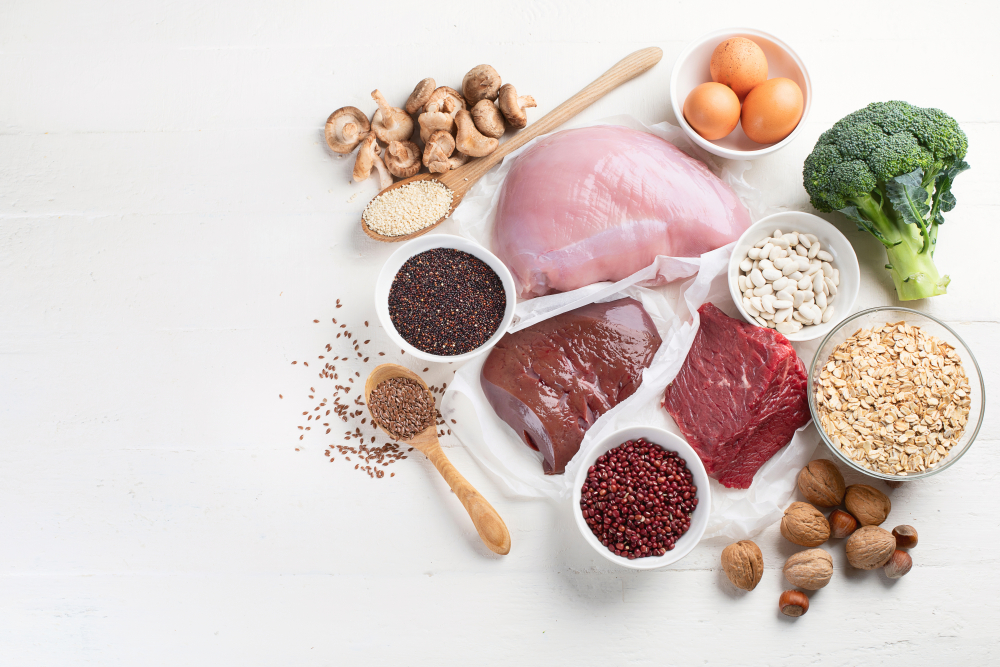
Nutritionist Ana Carolina Solares recommends eating green leafy foods with a few drops of lemon since the vitamin C in lemon will help the body better assimilate iron.
Omega 3
Foods rich in Omega 3 such as salmon, oily fish, oysters, mussels, spinach, lettuce, cucumber, walnuts, almonds, or vegetable oils such as flaxseed or olive oil help with inflammation and swelling because they have anti-inflammatory properties.
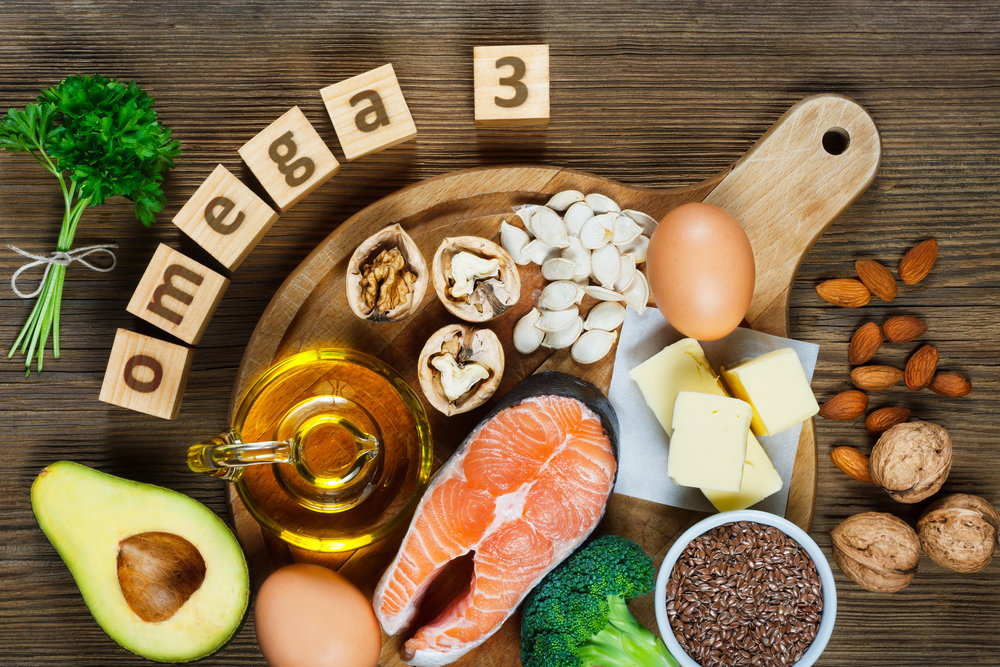
Omega 3 is also beneficial for the nervous system, the immune system, and for vision. It also helps in the formation of cells and hormones, explains nutritionist Sofía Urízar.
Fruits and vegetables
During menstruation, due to hormonal changes, the need to eat sweet or high-fat foods increases, because serotonin levels decrease, the hormone related to well-being and happiness.
Although you can consume some, it is important not to overindulge because it can lead to consequences such as obesity and cardiovascular diseases. Ideally, you should satisfy your craving by eating fruits or vegetables that have regulated sugar levels that are healthy for the body.
Urízar recommends that you eat five meals during these days because this way you will be able to control the glucose levels in your body and satisfy the feeling of hunger because you will be giving your stomach healthy food in short periods.
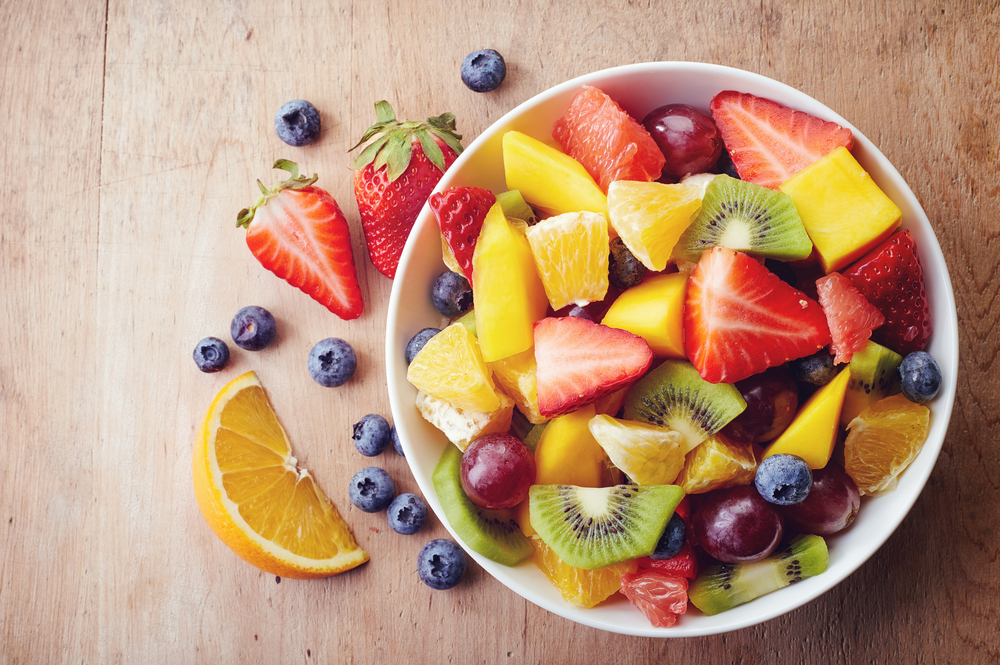
“Pineapple is a food that has magnesium, which can help relax muscles and reduce cramps. You can include it in your diet as a morning snack, for example, and you can trick your body with sweets because you will avoid eating something that does have a lot of sugar,” says Urízar.
Green vegetables are also rich in calcium and magnesium, which can relieve spasms that occur. They can also calm irritability and mood swings.
Infusions
According to Urízar, natural infusions can be helpful for discomforts such as inflammation, pain, or nausea.
Chamomile and ginger tea help combat menstrual pain because they have anti-inflammatory properties and are considered antispasmodic. They also help reduce stress, anxiety, and irritability. Ginger, in particular, relieves nausea. Red tea, on the other hand, helps prevent fluid retention by having a diuretic effect.
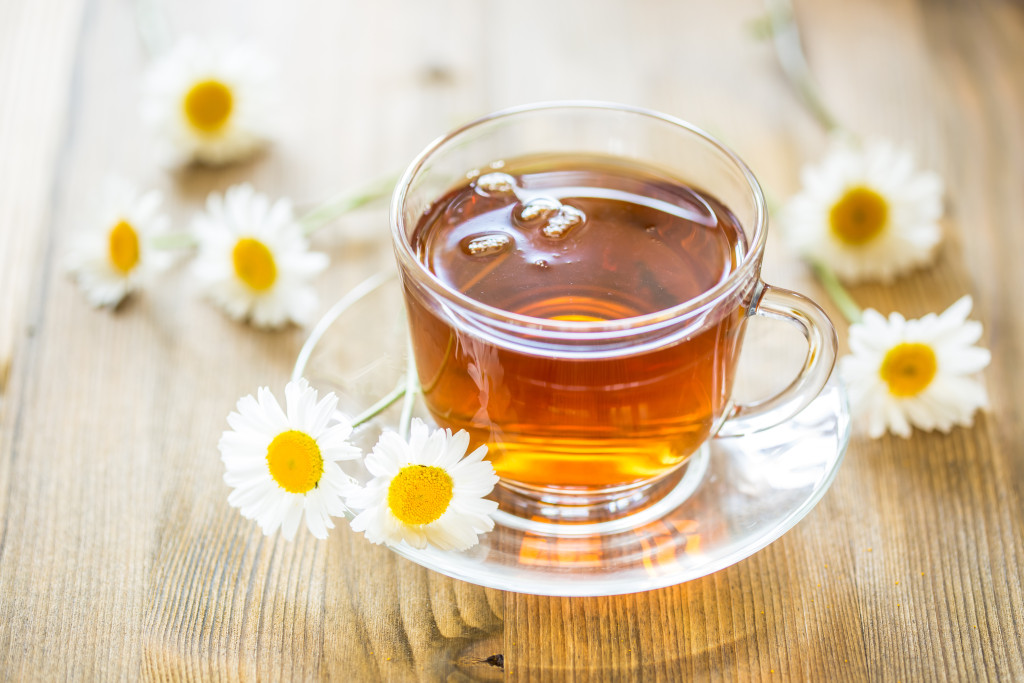
“Sage, a plant that perhaps few people know about but can be found in supermarkets or markets, helps with digestive problems such as heaviness or slow digestion. During menstruation, making this infusion helps treat cramps and, in some women, it helps with their irregularity,” says Urízar.
Foods to avoid
Nutritionist Solares recommends avoiding foods that regularly cause gastrointestinal discomfort since during these days the body is more sensitive than usual. This would only aggravate the symptoms of menstruation.
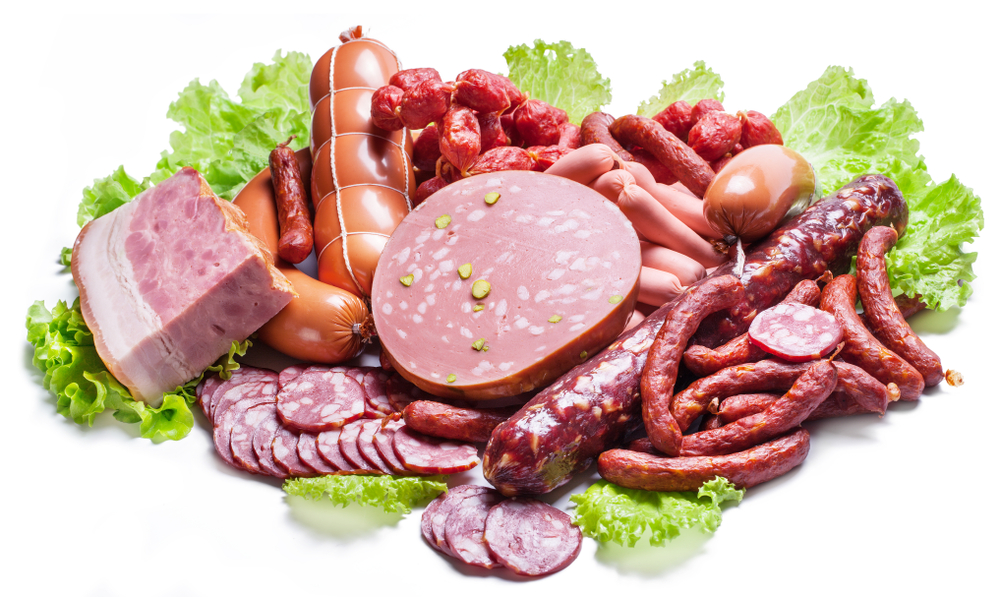
Urízar, for his part, recommends avoiding processed foods because they can increase gastrointestinal discomfort and promote fluid retention due to their high sodium content. It is also important to avoid carbonated beverages due to their high levels of sugar and gas.
Caffeine should also be avoided because it can increase irritability and increase dehydration of the body, which leads to headaches and stress.

















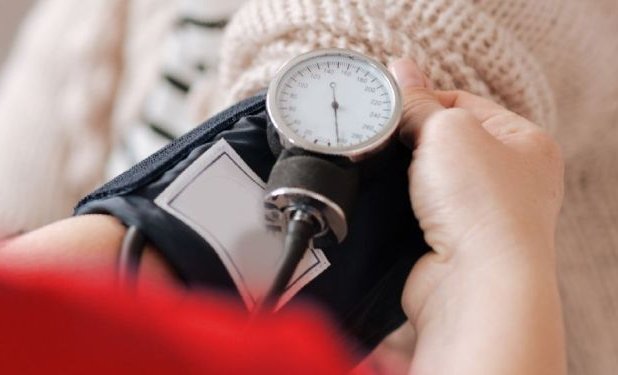





+ There are no comments
Add yours